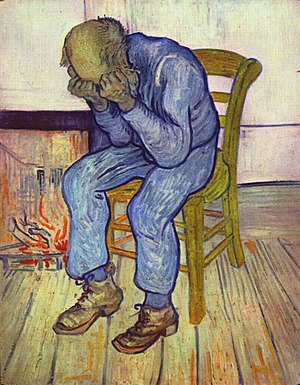
In a surprise decision last week, the US FDA decided to approve Brisdelle, a low-dose formulation of paroxetine, for the treatment of menopausal hot flashes. This comes on the heels of the FDA granting a CRL to Depomed for their sustained release version of gabapentin for the same indication.
Interestingly, the Advisory committee recommended against approval for both paroxetine (10-4 vote) and gabapentin (12-2), on concerns that both agents would increase the risk of patients developing suicidal thoughts.
Meanwhile, off-label use of both agents remains significant, as they represent two of the only non-hormonal options that women have to treat moderate to severe menopausal hot flashes.
It should be noted that the Noven formulation is already on the market as Pexeva, and is indicated for major depressive disorder and related disorders. Depomed has a different formulation of gabapentin on the market (Gralise) for postherpetic neuralgia.
An analysis by AdverseEvents.com notes that Gralise has been associated with 22 serious adverse events from January, 2011 through August, 2012. These included diarrhea, dizziness, and dyskinesia. Six hospitalizations and one death were potentially linked to Gralise.
Similarly, Pexeva was associated with 80 adverse events from 2003-2012, with anger, anxiety, and contemplated suicide as the most common ones.
Who won? Who lost?
When physicians select treatment for hot flashes, it’s likely many outside the KOL community will shift some of their off-label use of gabapentin towards on-label Pexeva once it’s on the market and labelled and detailed (assuming it will be widely reimbursed, which is a separate issue).
So Noven is the winner and Depomed is the loser?
Wrong.
It’s the patients who lost (again).
By this action, the FDA is removing gabapentin as a viable option for patients and their physicians.
Now gabapentin has been around since 1994. Physicians have literally decades of experience with this agent across multiple indications and patient populations.
And, to be fair, the FDA has issued warnings about suicidal ideation with gabapentin and other antiepileptic drugs for several years. However, similar concerns regarding paroxetine have been noted by the FDA, most notably in the pediatric population.
It’s far too simplistic for us to say that one drug is worse than another when it comes to side effects. It will take some clever meta-analyses to sort that out.
Regardless, what many of us thought was a slam dunk approval for gabapentin turned out quite differently, and for reasons that remain unclear.
Related articles
 FDA Approves First Non-Hormonal Treatment Brisdelle For Hot Flashes; Contains SSRI Paxil
FDA Approves First Non-Hormonal Treatment Brisdelle For Hot Flashes; Contains SSRI Paxil Brisdelle: Non-Hormal Treatment for Hot Flashes Approved by FDA
Brisdelle: Non-Hormal Treatment for Hot Flashes Approved by FDA


This Post Has One Comment
Pingback: New Non-Hormonal Menopause Drug Approved by FDA – Lifescript Health Bistro